Frank Bridge (1879 - 1941)
 Royaume-Uni
Royaume-Uni
 Royaume-Uni
Royaume-UniFrank Bridge (26 February 1879 – 10 January 1941) was an English composer, violist and conductor.
Among Bridge's works are the orchestral suite The Sea (1910–11), Oration (1930) for cello and orchestra (recorded in 1976 by Julian Lloyd Webber) and the opera The Christmas Rose (premiered 1932), but he is perhaps most highly regarded today for his chamber music.[citation needed] His early works are in a late-Romantic idiom, but later pieces such as the Third (1926) and Fourth (1937) String ... (Read all)
Source : Wikipedia
Among Bridge's works are the orchestral suite The Sea (1910–11), Oration (1930) for cello and orchestra (recorded in 1976 by Julian Lloyd Webber) and the opera The Christmas Rose (premiered 1932), but he is perhaps most highly regarded today for his chamber music.[citation needed] His early works are in a late-Romantic idiom, but later pieces such as the Third (1926) and Fourth (1937) String ... (Read all)
Source : Wikipedia
| 1 21 ....61 | Next page free-scores › |
| 1 21 ....61 | Next page free-scores › |
Search
| ||||||||||||||||||||||||||||||























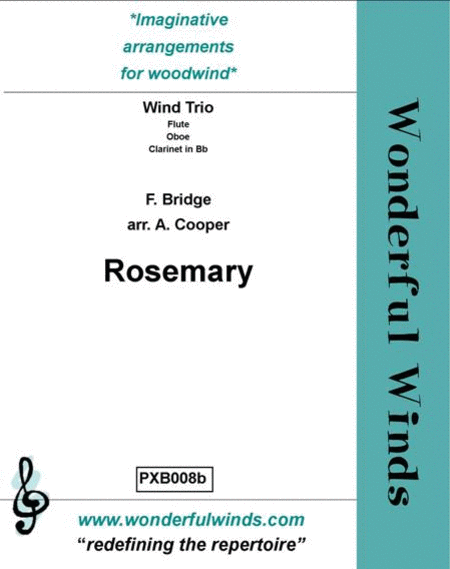
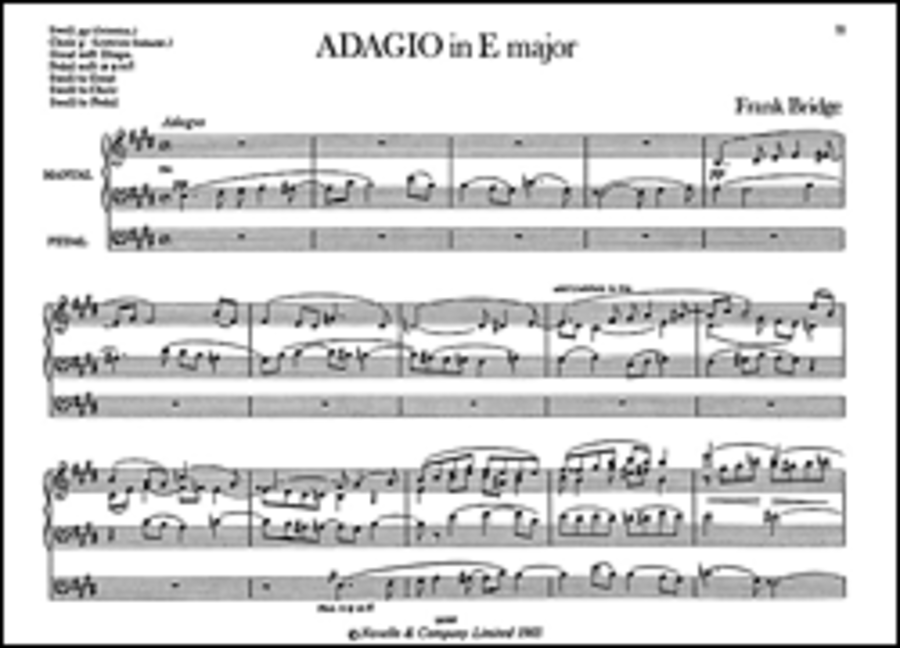
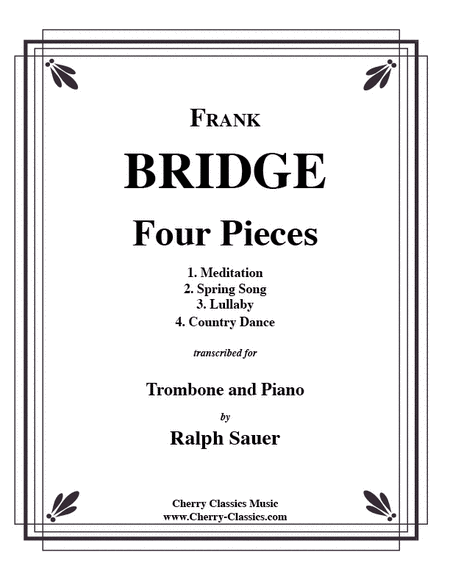
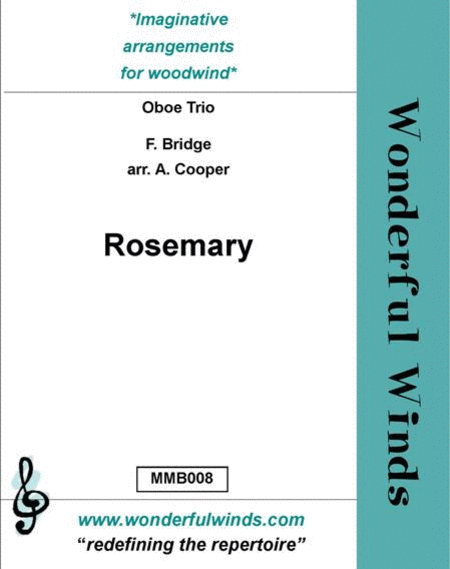
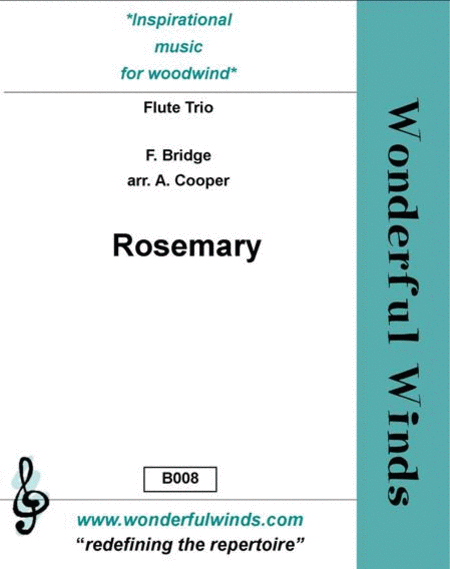
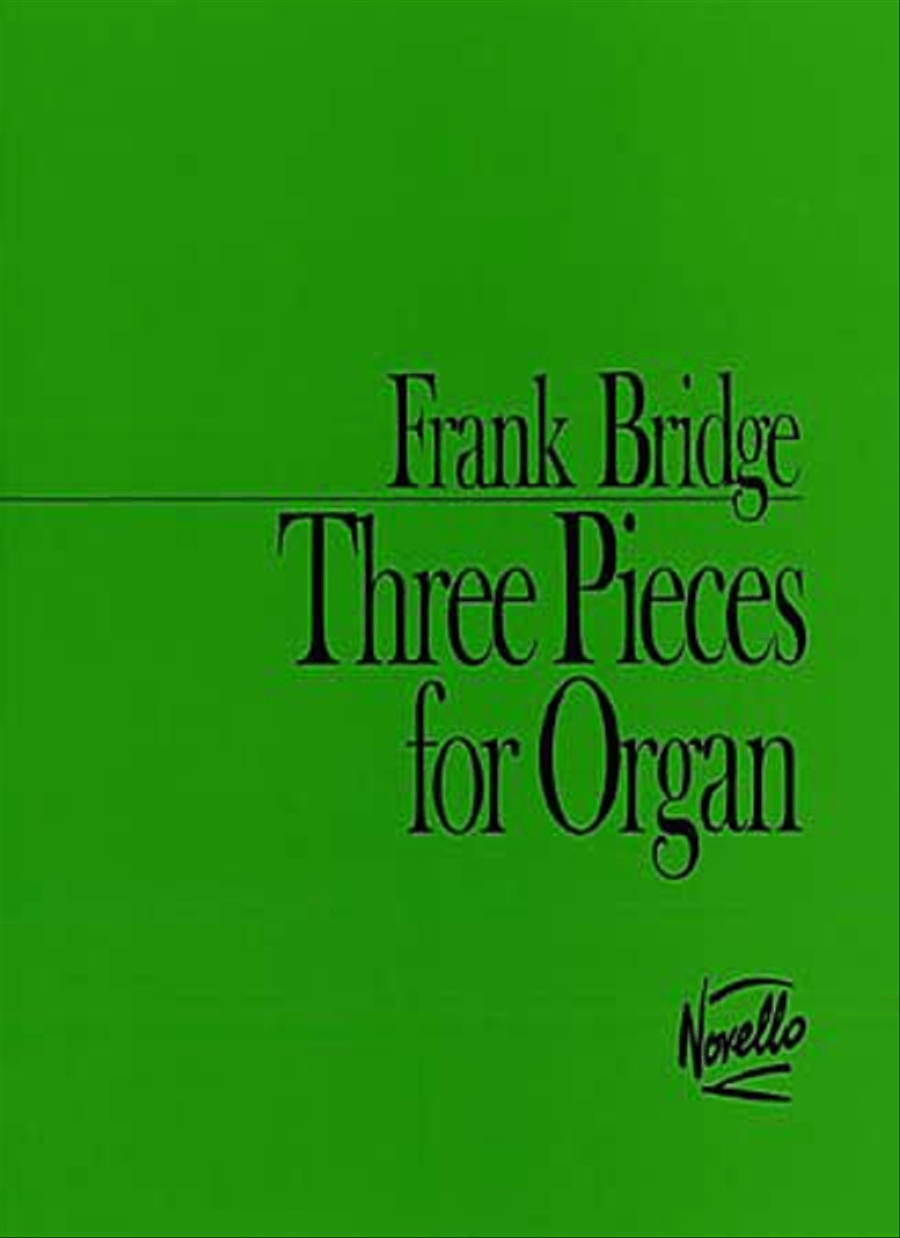






 SHEET MUSIC
SHEET MUSIC